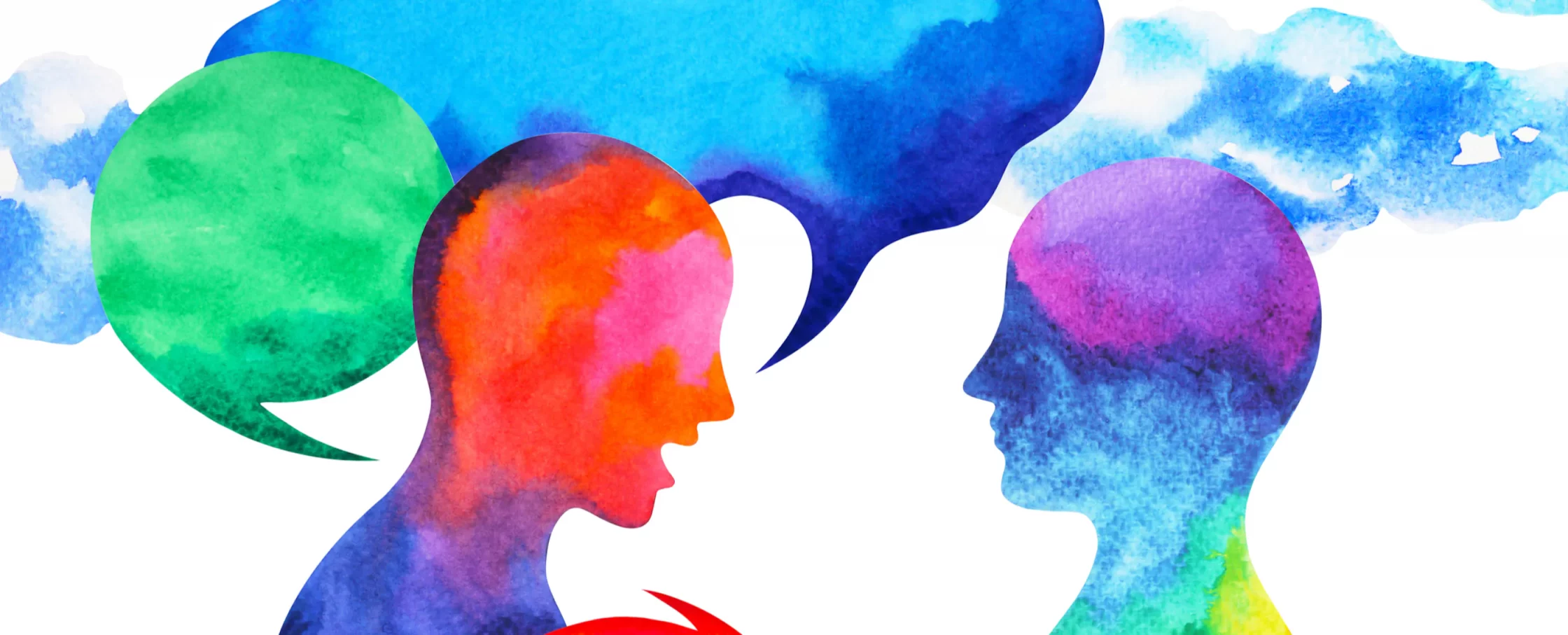I had a bit of a crash again health-wise last week and thought I’d channel any frustration positively into writing some reflections relating to language around chronic illness and invisible disabilities, just in case it makes things a little easier for the millions of other people who might be less able to voice these things out.
Some reflections on conversational language
Firstly, it’s so important to say that the below comments are all said with positive intentions in mind by great people, but just as with other areas of inclusive language, we can (I definitely can!) always be more reflective and sometimes positive intentions are not always enough.
Ultimately, we all have to take responsibility for our own responses to language, too. However, particularly when someone is learning to handle a transition into a new way of living, and because a chronic illness like M.E. can make emotional reactions and stress more difficult to control, some sensitively can be helpful.
Of course, saying something, is always better than nothing, and the most important thing is to listen to the individual about their specific thoughts on how they may (or may not) want to be supported. Autonomy is everything!
I also recognise that other people may disagree or might experience M.E. or similar illnesses differently, but I suspect that especially as M.E. can trigger stronger emotional responses, others out there might feel the same exhaustion at these five below!
- “Are you better now?”
The issue: When you have this question asked constantly for over a year, it really makes you feel like a failure or deficient somehow to keep saying “no, sorry but I think this is a long-term condition” with people always looking sad or disappointed which makes me feel the same!
Just imagine that you have this exchange more than five times a day, and every time you have to explain that no, you are not ‘better yet’, that you have a chronic illness that you may never ‘get better’ from.
It’s impossible to say yes to this question when it’s not true, unlike the usual ‘how are you?’ when it is okay to just say ‘fine’ and move on.
Alternatives: How is your health? How are you feeling today? How are you doing? How are things? (These all put less focus on the importance of the act getting ‘better’)
- “You need to keep pushing yourself “ (and various variants!)
The issue: Being told this can actually have some dangers for people with M.E because pushing more can lead to significant crashes that can leave you bed-bound for periods or in A&E with strange symptoms (numbness across half the face for me).
People with ME, I understand, are usually people who have previously been highly active and pushed hard through their life. They are likely to be very sensitive to people thinking they are lazy because it is completely out of their character and this kind of comment may trigger them to push themselves beyond their capabilities.
Alternative: People should be encouraged to go at their own pace, find a baseline and focus on sustaining that for a while before moving forwards – it’s not a case of aiming for constant progress, my research indicates that periods of maintenance can be positive for recovery.
- “I know the feeling, I have problems with memory all the time,” Or “Most people get memory problems with age, you’re ahead of the game.”
The issue: I realise people are trying to be reassuring, but when you have suddenly lost your ability to have any short-term memory and you cannot remember anything about what you did yesterday, it is quite terrifying. These comments can make you feel that your experience is being invalidated.
Better: Just listening to the person and what they are struggling with. Be supportive and suggest strategies to cope with memory loss (e.g. lists, writing notes, keeping a diary, keeping items in special places etc). Reassure them that hopefully, with time, it may return.
4. “Go and have a nap/sleep.”
The issue: People assume that if you have M.E./ chronic fatigue syndrome, that you are always sleeping or needing to sleep. I never want to speak for everyone, but I definitely have never napped during the day whilst having M.E. – it’s almost the opposite problem that you always feel exhausted and fatigued in your brain and body, but you cannot sleep easily, and you don’t ever feel refreshed or more energised after sleep.
Alternative approach: “Do you need to have a break / rest? Feel free take a break at any point, I understand.” I.e. resting/having break from cognitive processing shows understanding of M.E. symptoms. I found for a long period I needed breaks at least every hour; similarly, learning how to meditate, even for short periods, was beneficial.
5. “Well, you look great, it’s not obvious at all.”
The issue: This somehow can make you (perhaps irrationally) suspect that someone doesn’t believe that you face any problem, or somehow says that you shouldn’t want people to see there is any difference with you. Can’t really express it, but just feels weird when you feel awful inside most of the time.
Alternative approach: Perhaps just don’t say this when a person has been telling you how awful they feel, as again it can negate this communication of challenge. Of course, tell them they look great, but without the context of the illness.
Closing thoughts..
Ultimately, for those supporting people with M.E. or similar, I think the most important thing is to really listen to the person, make it very clear that you believe in their symptoms even though you cannot see them, and ensure that you respond to requests for support and understanding the person gives.
Trust me, it’s the hardest thing in the world to ask for help for some people, and following their requests can mean everything when trying to figure out what is happening to them themselves!
And for people with M.E. or similar, it’s important to realise that these comments will continue – identifying triggers and learning not to react, realising people’s good intentions, is also invaluable to your recovery. In the end, we have to take responsibility for ourselves!
Sometimes, enabling people to better understand how severely symptoms may affect you, although hidden when people see you for a few hours, may be helpful for those close to you to see.
You will need to ask for help, and the sooner you realise this, and accept your situation, the easier things are likely to be.
Thought I’d leave you with a totally unrelated song which I hope brings some calm whether you are religious or not this Easter – this voice of Kanaan Francis and general father-son duo just sends shivers down my spine! 🙂


